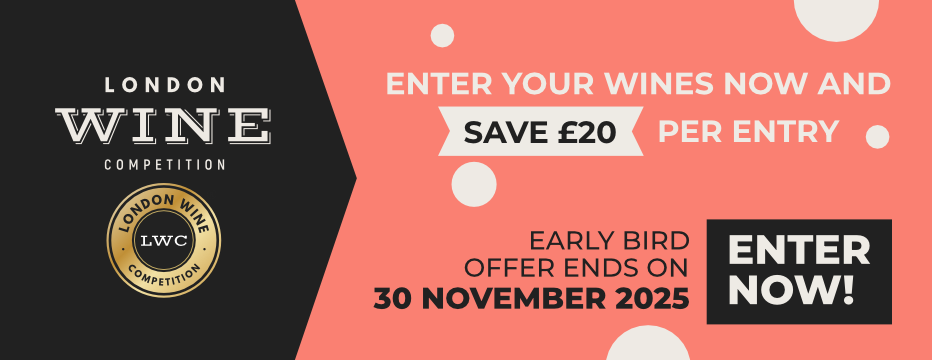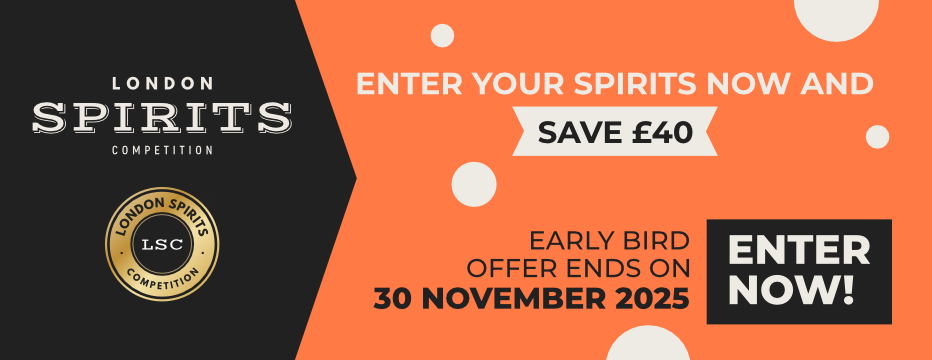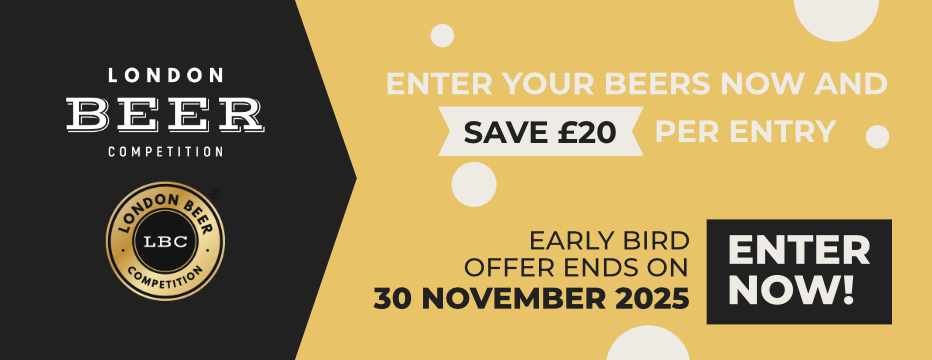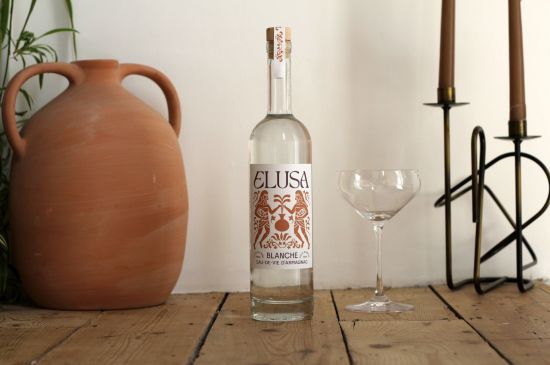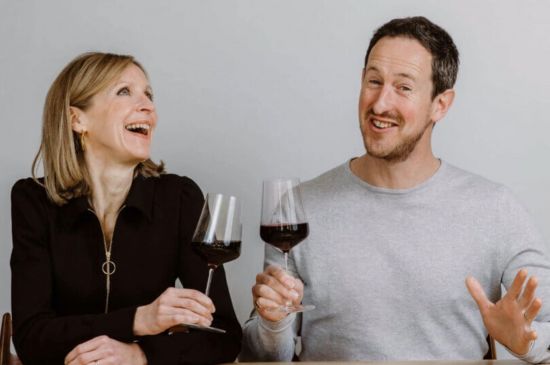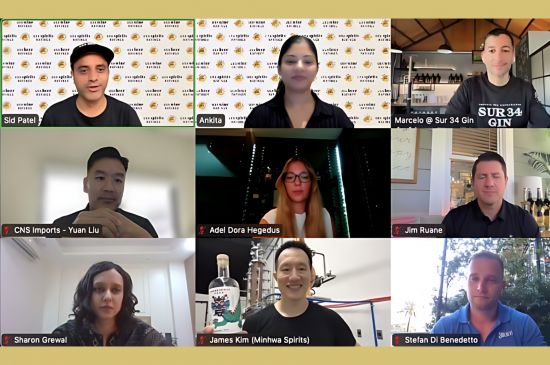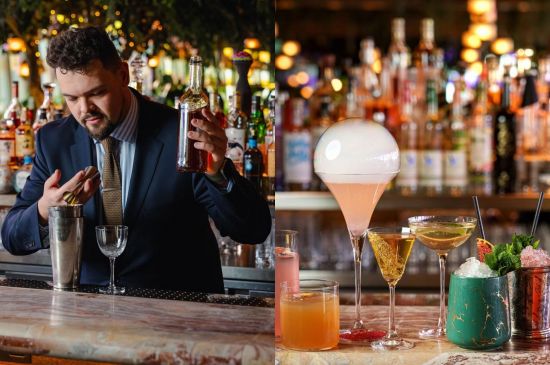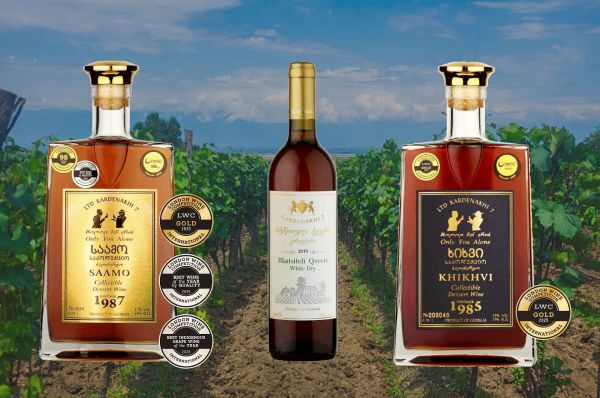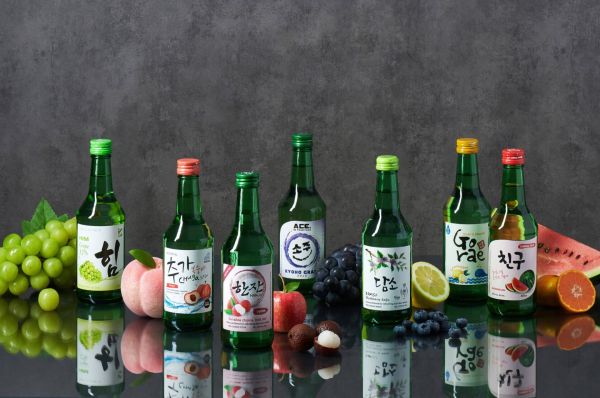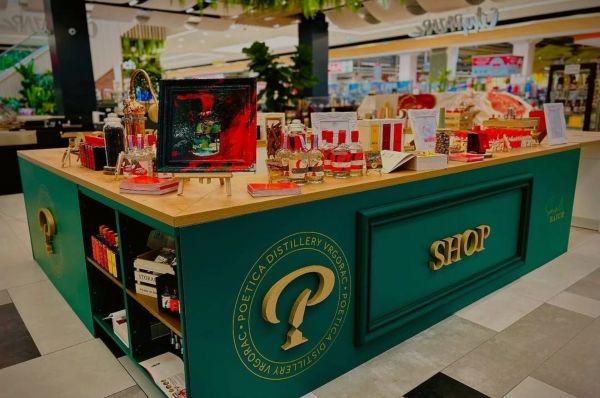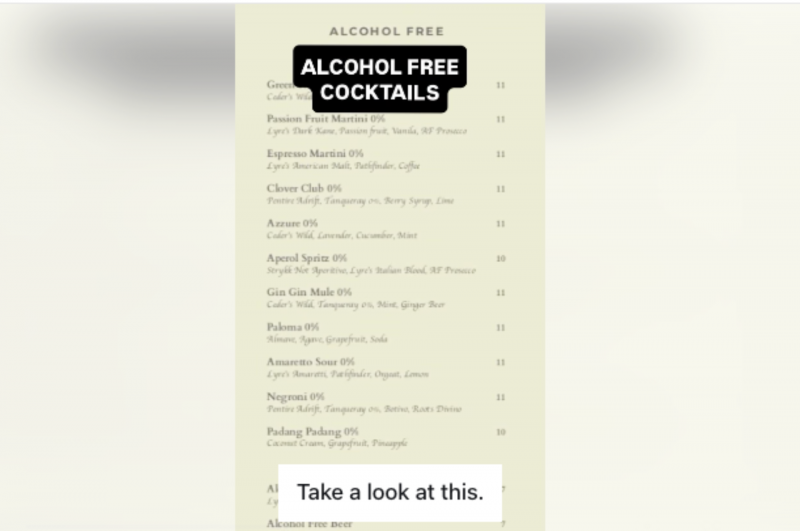
29/09/2025 How premium non-alcoholic spirits, mocktails, and low-ABV wines are reshaping wine & beverage programs
A Shift in Drinking Culture
The hospitality sector is witnessing a fundamental change: more consumers are seeking moderation without compromising on taste, quality, or social experience. Low- and no-alcohol (LNA) beverages — from alcohol-free “spirits” to craft mocktails and low-ABV wines — have moved from niche offerings to central players in modern beverage programs.
This shift is not just a passing fad. It reflects deeper cultural drivers: a heightened focus on health, mindful drinking, and inclusivity for guests who want to enjoy the ritual of drinking without the alcohol.
Premiumization in the Low & No Category
Gone are the days when “non-alcoholic” meant a sugary soda or a bland fruit juice. Today’s consumers expect craft, complexity, and sophistication in their glass. That’s why producers are investing heavily in premium alcohol-free alternatives:
- Non-Alcoholic Spirits such as Seedlip, Lyre’s, and Everleaf mimic the botanicals, aromas, and rituals of gin, rum, or aperitifs.
- Low-ABV Wines & Spritzers allow guests to enjoy wine culture with reduced impact, often appealing to the lunchtime or early evening crowd.
- Craft Mocktails designed by mixologists rival traditional cocktails in flavor balance, visual appeal, and storytelling.
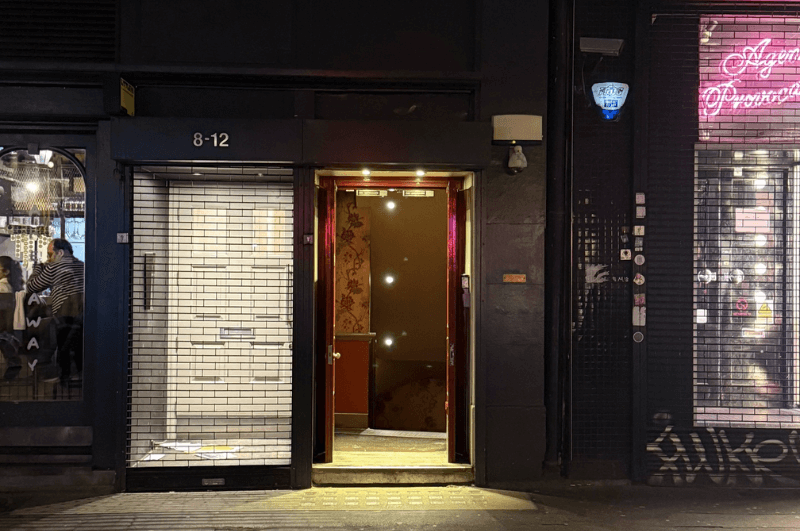
Image: Basement Sate: Hidden in Plain Sight — Tucked behind an unassuming doorway at 8 Broadwick Street, Soho, Basement Sate combines Soho’s understated charm with a modern cocktail experience. While renowned for its indulgent desserts and stylish late-night vibe, the bar has also embraced the low- and no-alcohol movement. Guests will find creative non-alcoholic and low-ABV drinks crafted with the same attention to detail as their classic cocktails — making it a go-to destination for mindful drinkers who don’t want to compromise on flavor or atmosphere.
For on-trade buyers, this means the quality bar is higher than ever — and guests are willing to pay for the experience.
Recognizing Excellence: Non-Alcoholic of the Year 2025
The growth of this category is now celebrated across the London Wine Competition, the London Beer Competition, and the London Spirits Competition, which each feature a Non-Alcoholic of the Year trophy.
- The Non-Alcoholic Producer of the Year 2025 was awarded to Spirits of Virtue, recognized for its exceptional balance of flavor, authenticity, and quality.
- These awards highlight producers who set benchmarks for the category and give hospitality buyers a reliable guide when choosing which brands to list.
- By following competition results, buyers can discover ready-to-list, award-winning non-alcoholic wines, beers, and spirits trusted by expert judges, including sommeliers, bartenders, and on-trade professionals.
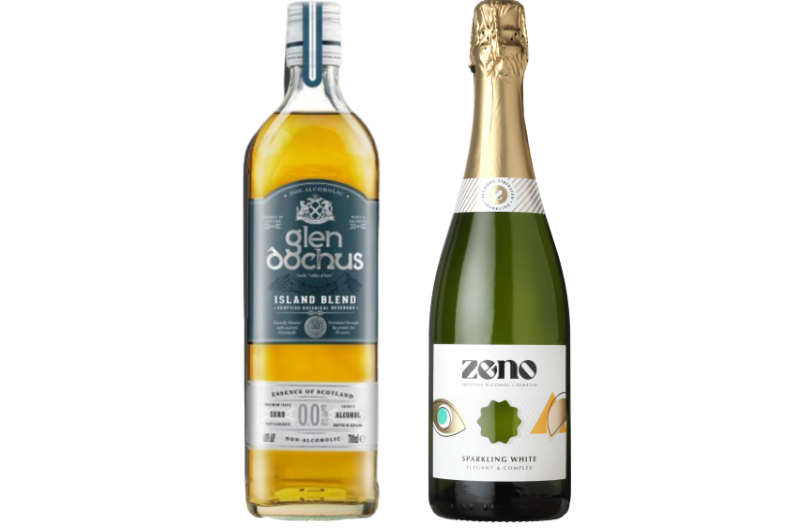
(Left image) Glen Dochus—Island Blend, London Spirits Competition 2025 Non-Alcoholic Of The Year, 96 Points. Buyers interested in stocking the brand can contact the supplier here. (Right image) For Wine, ZENO (Vinolo Ltd., Spain) was named Non-Alcoholic Producer of the Year 2025.
Adding award-winning non-alcoholic products to your list provides credibility, enhances storytelling, and ensures you’re serving beverages already validated by industry experts.
See the full list of Non-Alcoholic of the Year winners here: Wines | Spirits | Beers.
The UK Movement: Low- & No-Alcohol Merchants Driving Change
The UK has quickly become one of the global leaders in the low- and no-alcohol revolution. Specialist merchants and online retailers have played a crucial role in expanding access and consumer awareness.
- Merchants such as Dry Drinker, Wise Bartender, and Club Soda have curated extensive ranges of alcohol-free beers, wines, and spirits, giving consumers more choice than ever before.
- Supermarkets and national chains are expanding dedicated “low & no” sections, making these products mainstream rather than niche.
- Hospitality buyers now have more trusted wholesale channels and specialist distributors offering tailored portfolios of non-alcoholic SKUs.
This ecosystem has created a movement: one that blends consumer demand, retail visibility, and producer innovation. For hospitality operators, partnering with these merchants and distributors ensures they can source high-quality, award-winning products consistently — and stay ahead of guest expectations.
Spotlight: Where to Drink Non-Alcoholic Cocktails in London
For hospitality buyers seeking real-world inspiration, London Drinks Guide maintains a curated list of bars in London known for elevated non-alcoholic cocktail offerings.
Here are a few highlights worth noting:
- Dishoom (Kensington, Covent Garden, Shoreditch, etc.) — Their teetotal menu includes over 15 non-alcoholic drinks, from sharbats to the “Virtuous Tulsi Sour,” a botanical riff on a whiskey sour.
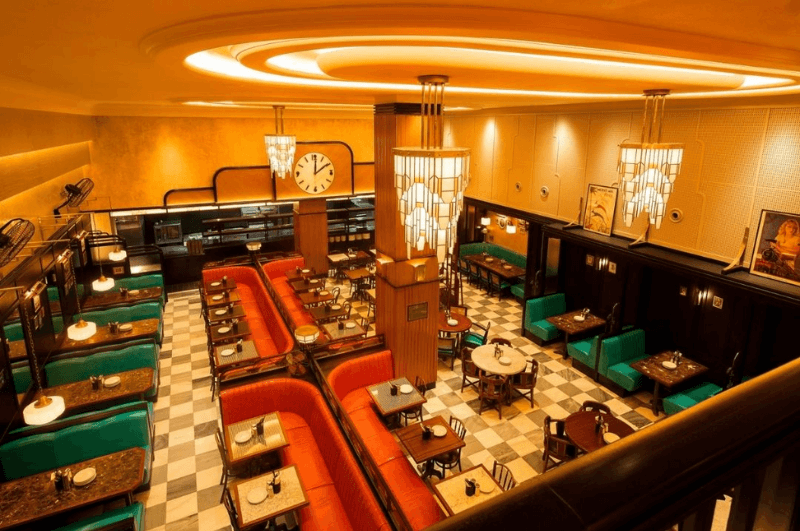
Dishoom in Kensington, Source: Facebook
- Skylon (Royal Festival Hall, Southbank) — Known for using premium non-alcoholic spirits like Everleaf and Seedlip in creative zero-ABV cocktails.
- Nightjar (Shoreditch) — Their “Bartender’s Choice” mocktails and signatures like the “Terrarium” (Seedlip Grove 42 base) stand out.
- Christopher’s Martini Bar — Features drinks like the “No-Jito” (elderflower, apple & ginger) and the “Mango Passion.”
- 34 (Grosvenor Square) — Elegant zero-ABV creations such as “Lychee Blossom” and “The 34 Virgin Colada.”
- Basement Sate (Soho) — Hidden in Plain Sight: behind a discreet doorway at 8 Broadwick Street, this stylish late-night cocktail and dessert bar has embraced the mindful drinking movement with a creative range of non-alcoholic and low-ABV drinks. Crafted with the same flair as their signature cocktails, they make Basement Sate a must-visit for guests who want full flavor without full strength.
See the full guide on the London Drinks Guide
Strategies for Hospitality Buyers & Beverage Directors
1. Integrate Into the Core Menu, Not a Side Note
Place LNA options alongside traditional cocktails, wines, and beers. Avoid “ghettoizing” them in a separate section — inclusivity is key.
2. Leverage Storytelling & Awards
Highlight achievements like Non-Alcoholic of the Year or medals from respected competitions. Awards reassure guests they are drinking something of genuine quality.
3. Price with Confidence
Consumers don’t want “cheap substitutes” — they want value. Premium pricing communicates quality and protects margins.
4. Pair with Food Thoughtfully
Offer curated low- and no-alcohol pairings with tasting menus or à la carte dishes. This elevates the dining experience and encourages trial.
5. Train Your Team
Bartenders and sommeliers must be confident in explaining and recommending these products. A knowledgeable suggestion can convert a curious guest into a repeat buyer.
What’s Driving Consumer Demand
- Health & Wellness Trends – A global movement towards healthier lifestyles is pushing moderation.
- Social Inclusion – Not everyone drinks, but everyone wants to feel part of the occasion. LNA options remove social barriers.
- Younger Generations – Gen Z and Millennials are more likely to choose mindful consumption, making them prime audiences for these products.
- Occasion-Based Drinking – Lunch meetings, early dinners, and business networking often call for lighter or no-alcohol choices.
Looking Ahead
The low- and no-alcohol category is no longer an afterthought — it’s a strategic growth area for hospitality buyers. By embracing premium LNA options, working with UK low- & no-alcohol merchants, and leveraging Non-Alcoholic of the Year award-winners, operators can drive new revenue streams, appeal to health-conscious guests, and future-proof their beverage programs.
As consumer expectations continue to evolve, one thing is clear: the future of the on-premise experience will be shaped just as much by what’s not in the glass as by what is.
Header image credit: Basement Sate
Also Read:
Why the London Spirits Competition Is the World’s Best Spirits Competition
IBWSS London 2025: The Premier Event for Private Label Wine & Spirits Brands
UK Spirits Consumption Trends: The Shift Toward Low-Alcohol, Sparkling Wines, and RTDs
TAGS:
 The On Trade
The On Trade 